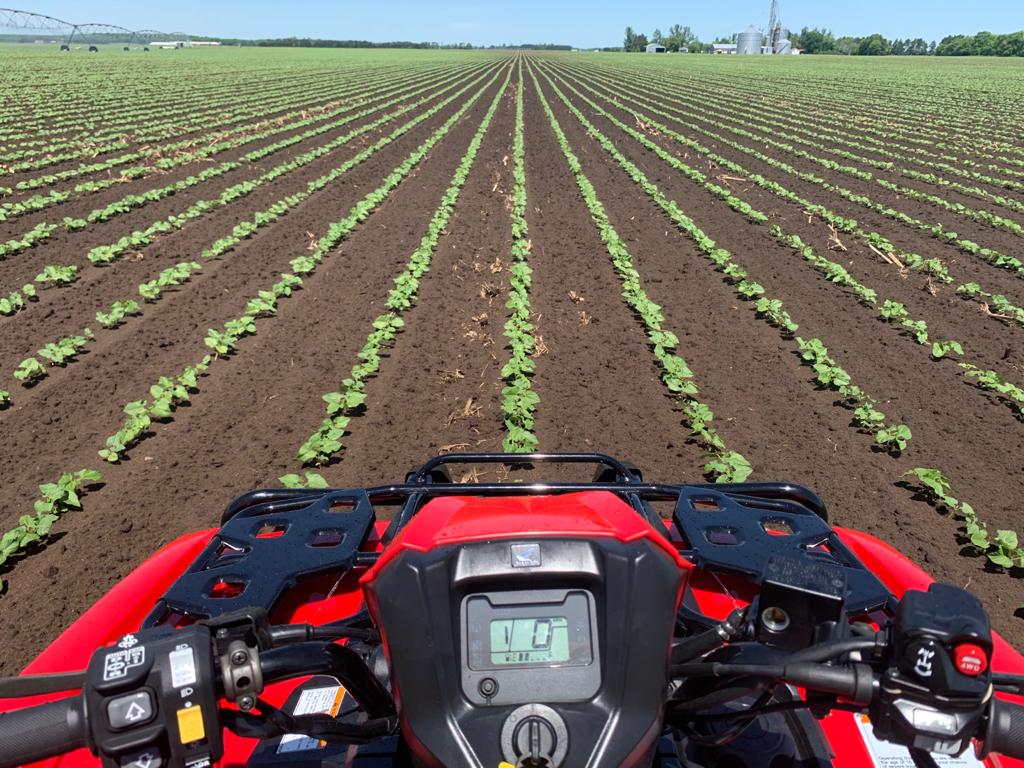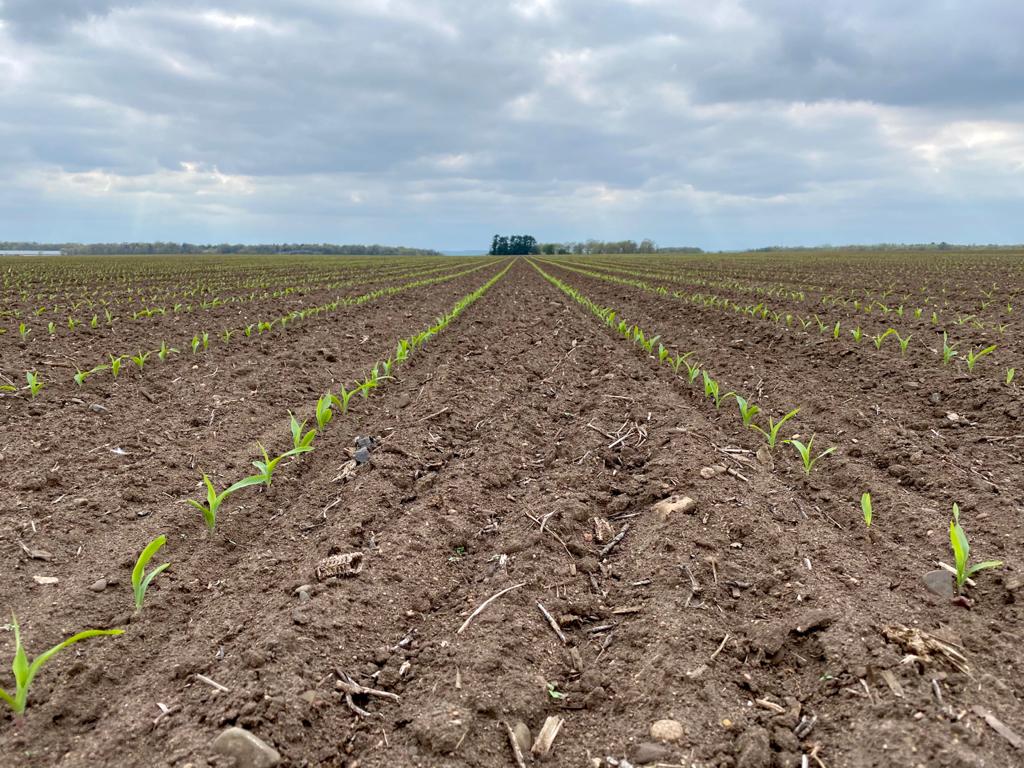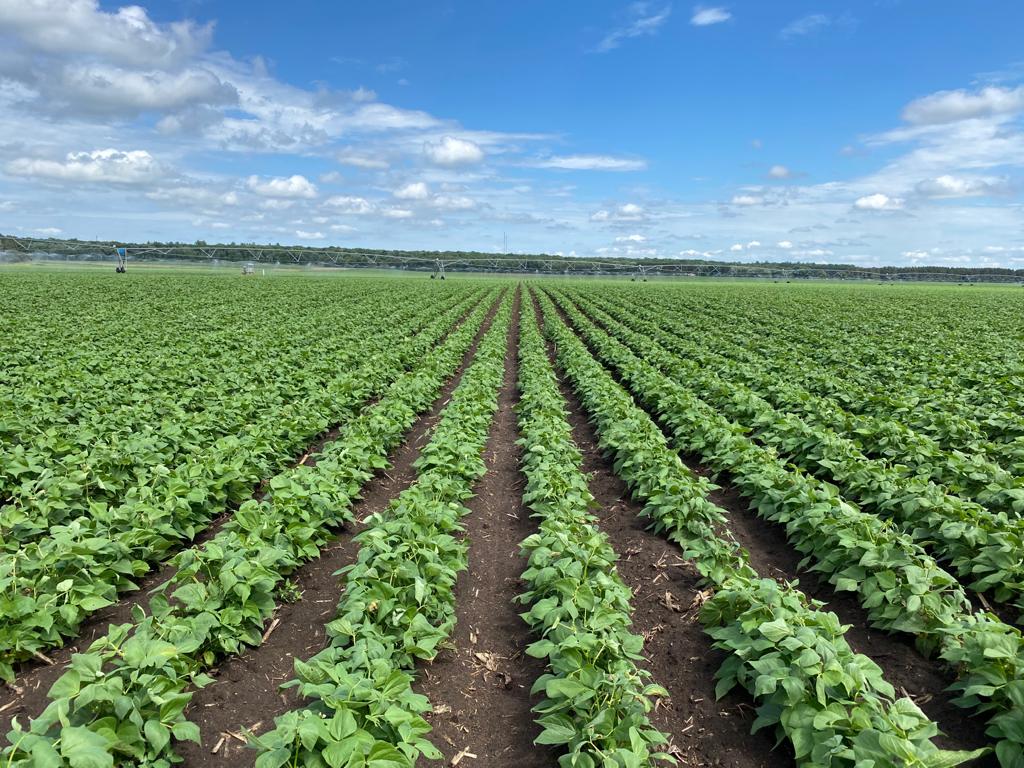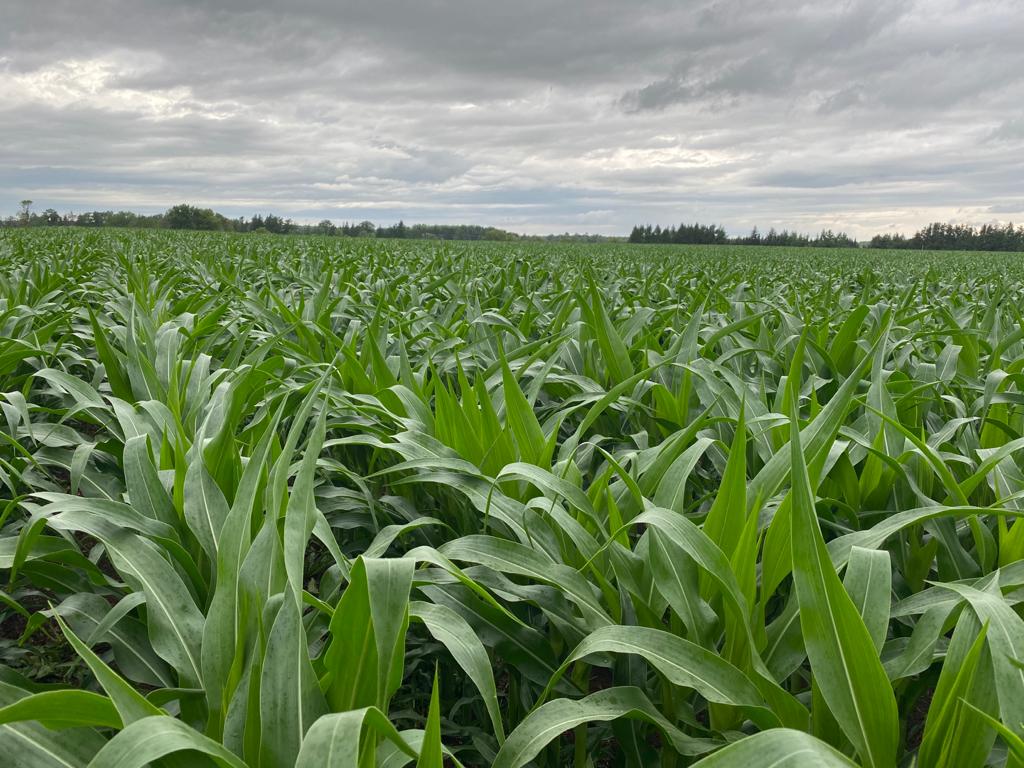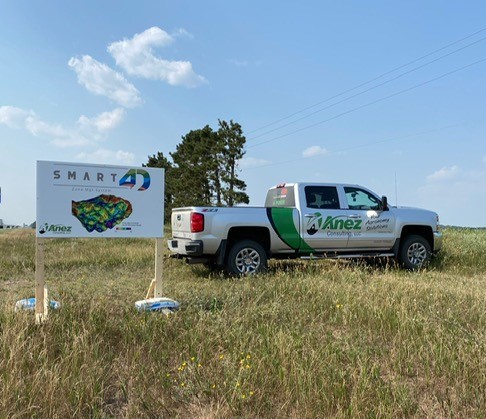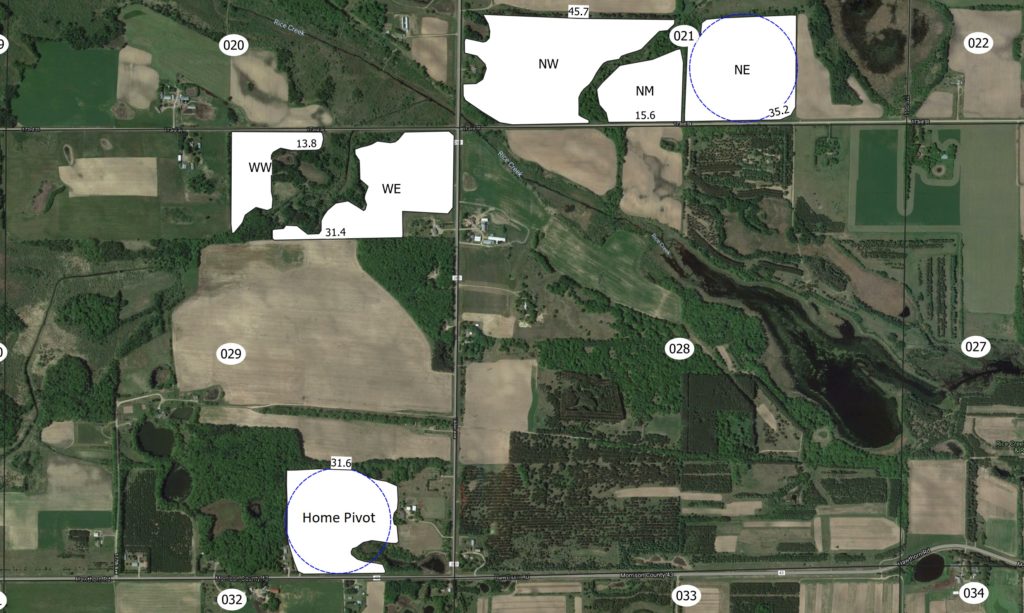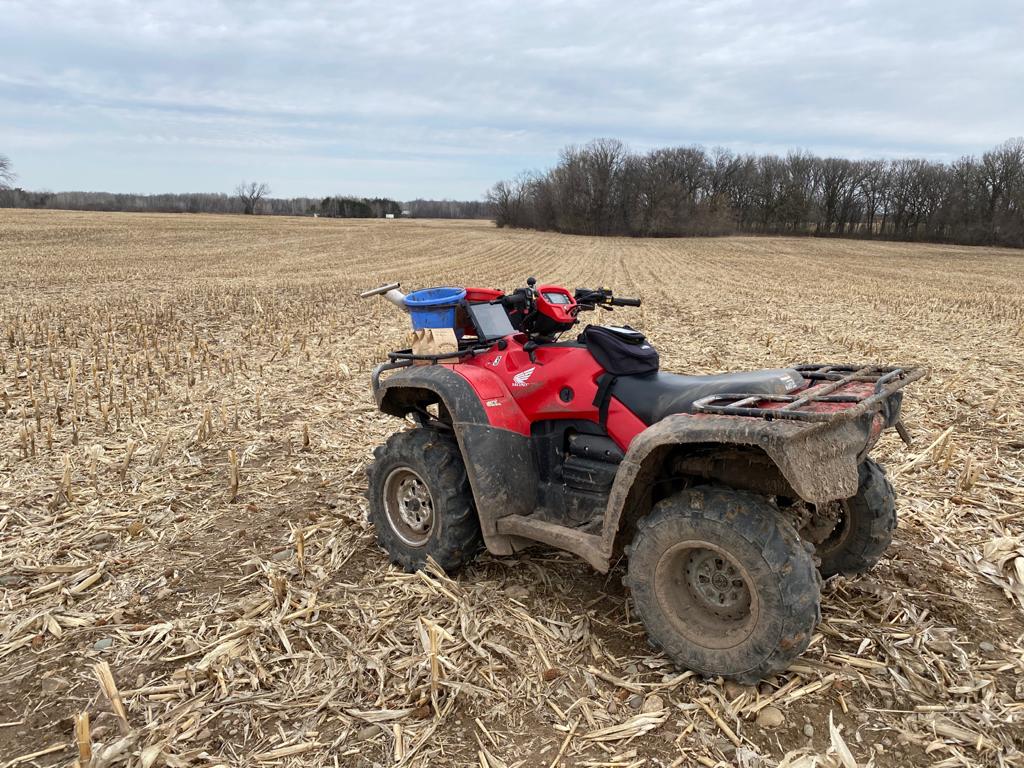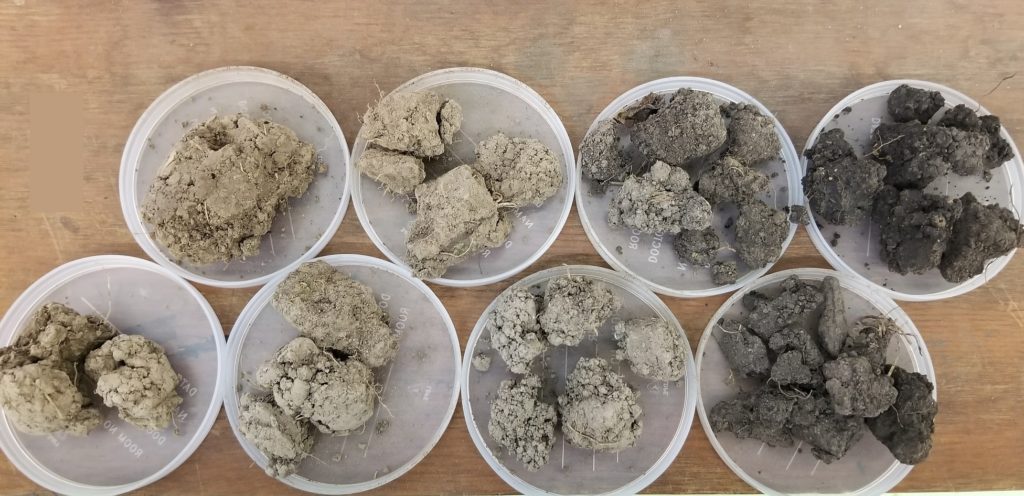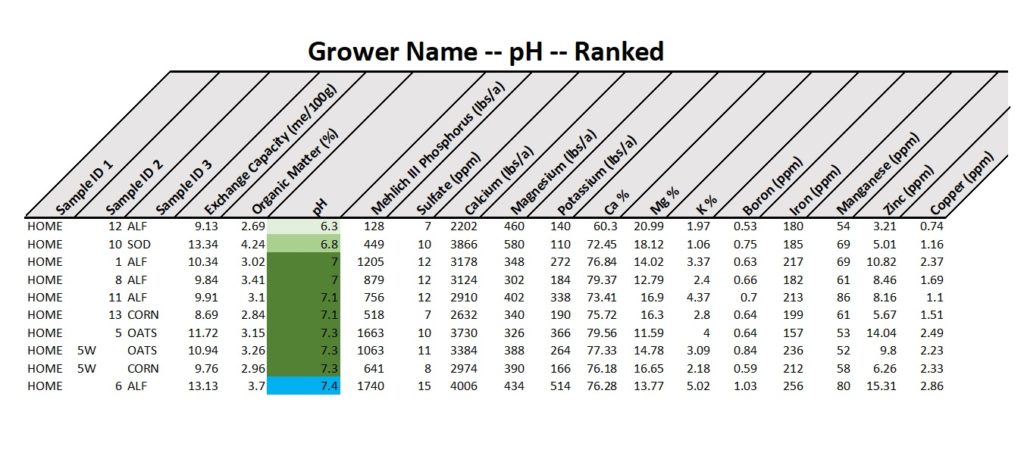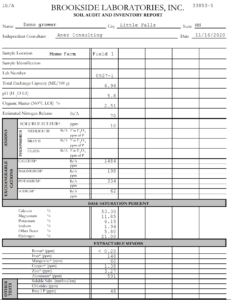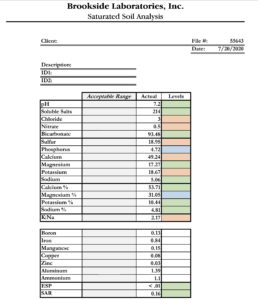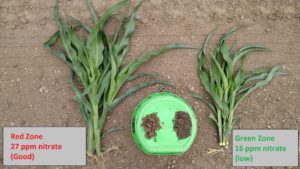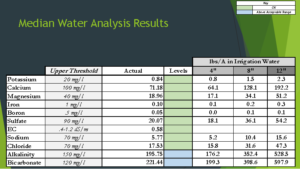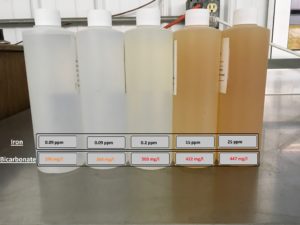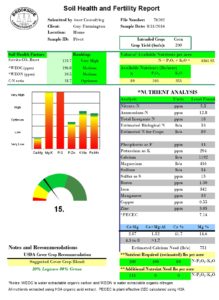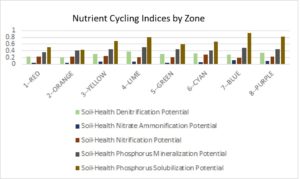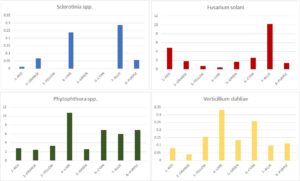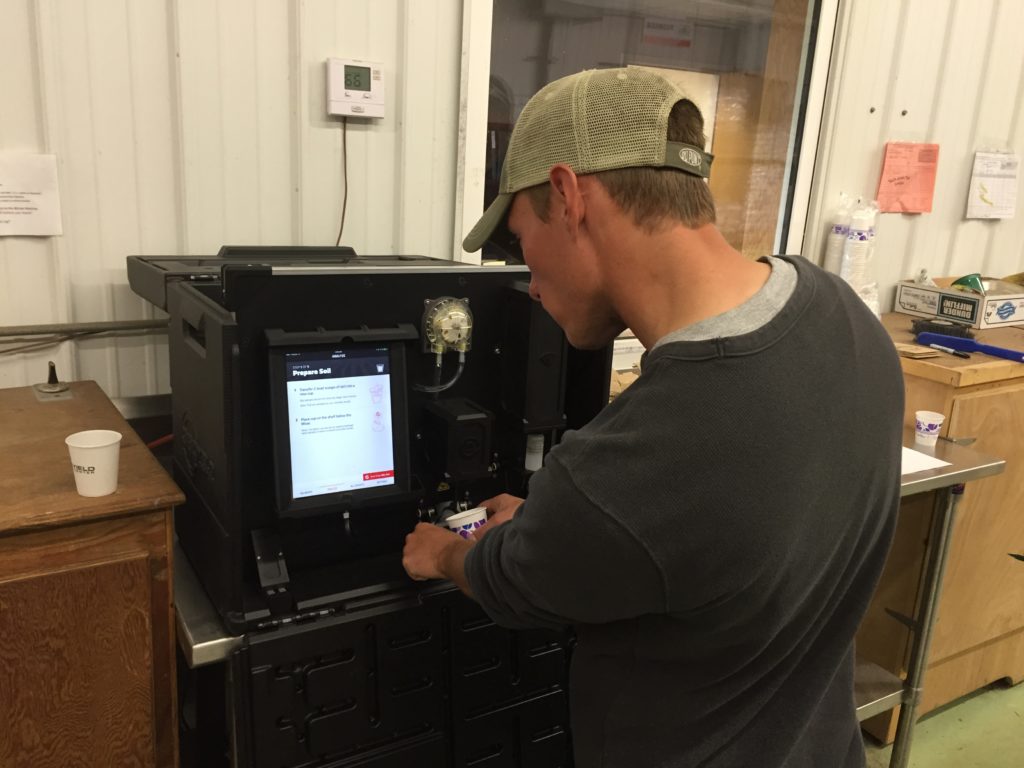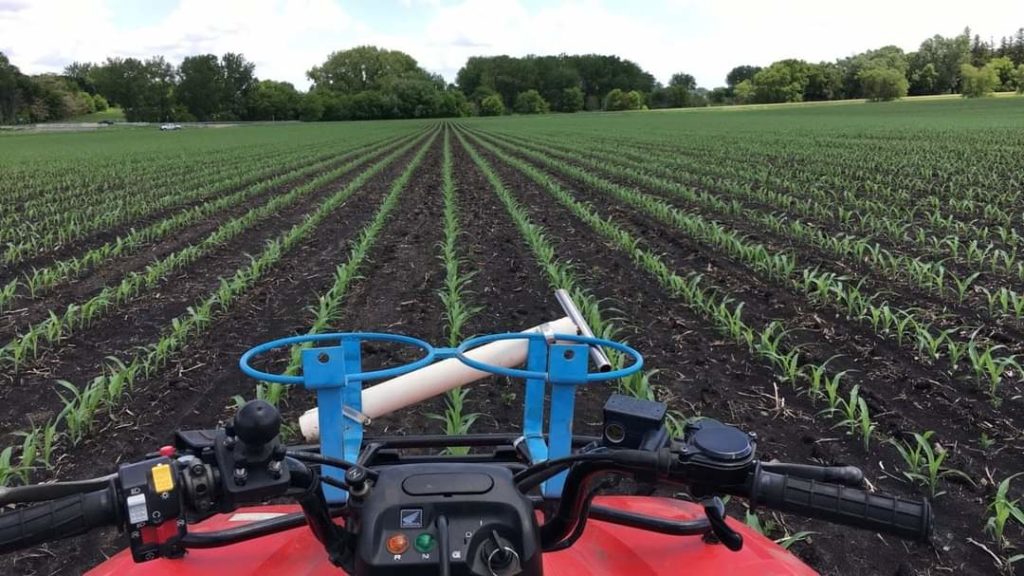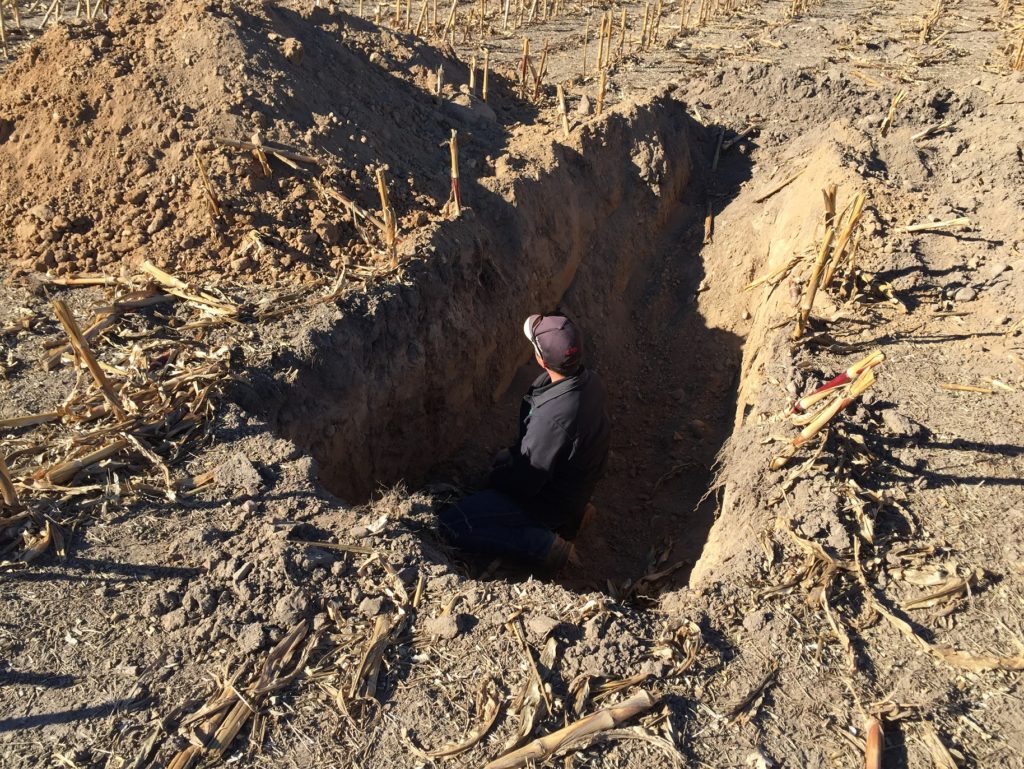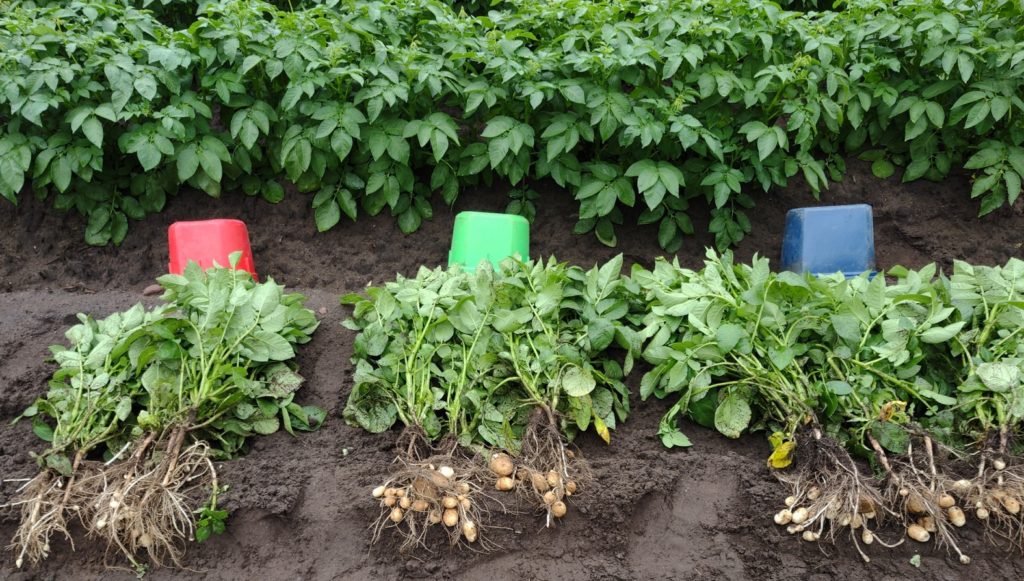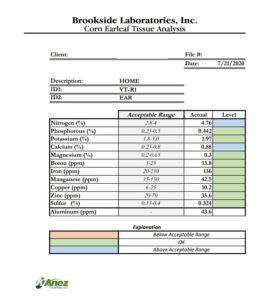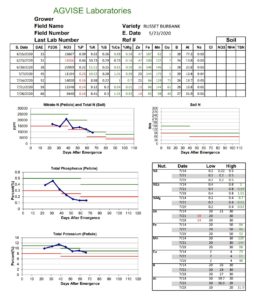Unbiased Recommendations Put Farmer’s Interests First
Farmers have confidence in our recommendations for crop inputs because we do not sell fertilizers, pesticides, soil amendments or other inputs that would bias our decision making. We have only the farmer’s best interests in mind when addressing agronomic issues.
Soil Fertility
The soil fertility service is our base offering. This includes basic field mapping, collecting soil samples, running a comprehensive soil audit, and providing field-specific recommendations for fertilizers and soil amendments to the farmer.
We will also collaborate with the farmer to develop a crop plan for the upcoming season. This often includes developing a nutrient management plan as well as an integrated pest management program.
Standard Soil Analysis
The standard soil test that we use includes organic matter, pH, exchange capacity, macronutrients and many micronutrients. This test is a great starting point for many scenarios, but is not a definitive assessment of the soil. For this reason, we employ soil health, paste and other types of analysis (where the situation calls for it), to get a comprehensive assessment of soil imbalances.
Saturated Paste Analysis
The standard soil analysis in the base fertility program is a great starting point for diagnosing nutrient imbalances, determining pH, exchange capacity and organic matter. However, the standard test doesn’t tell the whole story.
The soil paste test, sometimes referred to as a saturated soil analysis, can be useful in assessing soil salinity issues and determining plant-available nutrient levels in coarse-textured soils.
Irrigation Water Analysis
Ground water contains much more than H2O. The type and volume of minerals present in irrigation water can impact the nutrient use efficiency of a crop, among other concerns.
Soil Health
We have several different soil health analytics that we employ, depending on the management objective. These include soil respiration, the Haney test, and “soil DNA” testing, which gives us a specific break-down of nutrient cycling organisms as well as pathogens in the soil.
Additional Testing
We also analyze manure, limestone, industrial byproducts, fertilizers and more.
Crop Evaluation
Crop evaluation includes the soil fertility base service and adds in-season field visits to assess the condition of the crop, identify yield-limiting factors, and offer unbiased recommendations for corrective actions, such as herbicide tank-mix and timing of application.
If you are looking for a comprehensive in-season program to evaluate the crop and have timely recommendations for crop nutrition or pest management, then this is the program for you!
Tissue Analysis
In-season tissue analysis can be used to assess the effectiveness of the nutrient management plan, troubleshoot issues, and guide fertigation activities.

